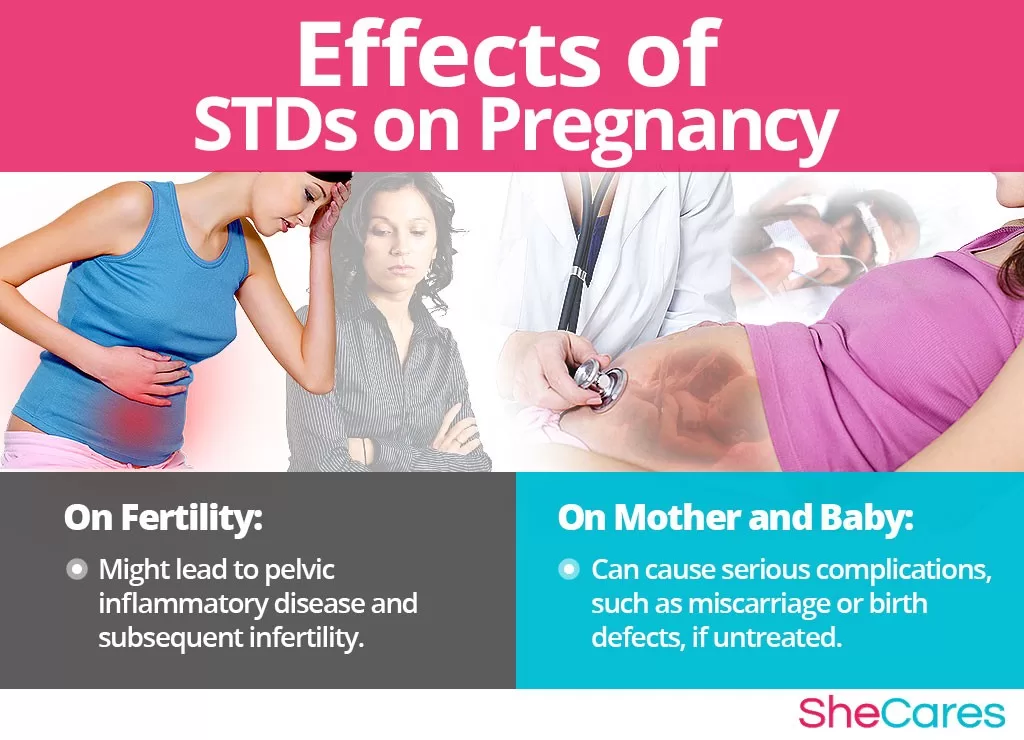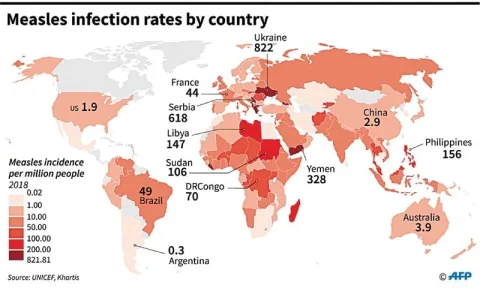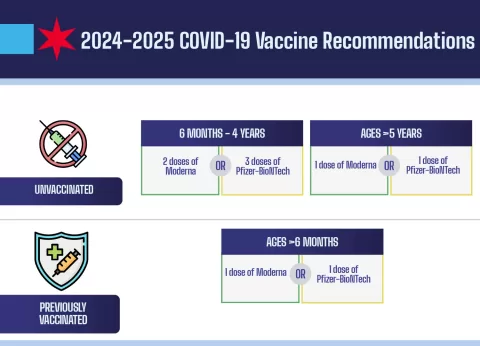STIs during pregnancy can pose significant health risks for both mothers and their babies, leading to serious birth complications such as preterm birth and stillbirth. The recent research highlighted in The Lancet Regional Health – Western Pacific emphasizes the urgent need for effective screenings and treatments to combat preventable infections like chlamydia and syphilis. With many maternal infections going undetected, it is crucial for healthcare providers to implement additional checks throughout pregnancy, particularly in high-risk areas. Timely detection can greatly improve pregnancy health outcomes and lower the incidence of complications for newborns. As these common infections can be treated, increasing awareness and access to preventive measures can safeguard the health of mothers and their babies alike.
Pregnancy can be a delicate time where the risk of maternal infections, including sexually transmitted diseases, becomes a critical concern. When discussing STIs during pregnancy, terms like maternal infections and preventable infections take center stage. Research indicates that infections such as chlamydia, gonorrhea, and syphilis can lead to serious complications like low birth weight and pregnancy-related issues. Understanding the impact of these infections underscores the importance of regular health screenings and timely interventions. Ensuring a healthy pregnancy not only benefits the mother but significantly enhances infant health outcomes, making awareness and prevention essential.
The Link Between STIs During Pregnancy and Birth Complications
Recent research published in The Lancet Regional Health – Western Pacific has highlighted a concerning correlation between sexually transmitted infections (STIs) during pregnancy and severe birth complications. The study indicated that infections like chlamydia and syphilis have significant impacts, leading to increased risks of preterm births, stillbirths, and instances of babies being born small for gestational age. Understanding the implications of these infections is crucial for improving pregnancy health outcomes.
The findings underscore the urgent need for enhanced screening protocols during pregnancy to detect STIs, particularly in high-risk populations. Early detection and treatment of STIs can substantially mitigate the risks associated with birth complications, emphasizing the importance of maternal healthcare providers being vigilant throughout the pregnancy. The study advocates for additional STI screenings in later stages of pregnancy to capture infections that might arise after initial tests.
Frequently Asked Questions
What are the risks of STIs during pregnancy and their impact on birth complications?
STIs during pregnancy can significantly increase the risk of birth complications such as preterm birth, stillbirth, and small-for-gestational-age babies. Conditions like chlamydia and syphilis are linked to these adverse outcomes and highlight the importance of STI screenings for pregnancy health.
How can preventable infections like STIs affect maternal and fetal health?
Preventable infections, such as STIs, pose risks to both maternal health and fetal development. They can lead to serious complications including preterm labor and congenital diseases. Early detection and treatment of STIs during pregnancy are crucial for ensuring better health outcomes.
What STIs are most concerning during pregnancy?
During pregnancy, chlamydia, gonorrhea, trichomoniasis, and syphilis are the primary STIs of concern. These infections can lead to serious consequences such as preterm birth and low birth weight, making awareness and early screening essential for pregnancy health.
How often should expectant mothers be screened for STIs during pregnancy?
Expectant mothers should be screened for STIs at least once during early pregnancy. However, additional screenings later in pregnancy are advised, especially for those in high-risk areas, to catch any infections that may arise, ensuring maternal health and preventing complications.
What are the treatment options for STIs during pregnancy?
Most STIs during pregnancy can be effectively treated with antibiotics. Treatment is essential to prevent complications such as preterm birth and other birth issues. It’s important for pregnant women to follow up with their healthcare providers for appropriate treatment if diagnosed with STIs.
Can STIs during pregnancy lead to congenital infections in newborns?
Yes, STIs such as chlamydia and syphilis can lead to congenital infections in newborns. These infections may result in serious health issues for the baby, underscoring the necessity of timely screening and treatment during pregnancy to prevent these outcomes.
Why are STIs considered preventable infections during pregnancy?
STIs are considered preventable infections during pregnancy because they can often be managed through proper education, routine screenings, and effective treatments. Awareness programs and healthcare access play a crucial role in preventing these infections and associated birth complications.
What role do healthcare barriers play in the prevalence of STIs during pregnancy?
Healthcare barriers, such as limited access to medical care, particularly in remote areas, can prevent timely screening and treatment of STIs during pregnancy. These challenges contribute to higher rates of infections and birth complications, emphasizing the need for improved healthcare access.
What are the long-term effects of STIs during pregnancy on child health?
Long-term effects of STIs during pregnancy on child health can include developmental delays, congenital infections, and increased risk of chronic health issues. Preventing and treating STIs during pregnancy is vital to ensure the long-term well-being of both mother and child.
How can expectant mothers reduce the risk of STIs during pregnancy?
Expectant mothers can reduce the risk of STIs during pregnancy by practicing safe sex, getting regular screenings, and maintaining open communication with their healthcare provider about any concerns. Early detection and treatment are key to minimizing risks associated with STIs.
| Key Point | Details |
|---|---|
| Study Overview | Research published in The Lancet Regional Health – Western Pacific identifies links between STIs during pregnancy and serious birth complications. |
| Types of STIs Studied | Chlamydia, Gonorrhea, Trichomoniasis, and Syphilis were tracked in nearly 60,000 births. |
| Prevalence of STIs | 1,538 cases of chlamydia, 828 cases of gonorrhea, 2,366 cases of trichomoniasis, and 109 cases of syphilis were found in the dataset. |
| Birth Complications | STIs are linked to increased risks for preterm birth, stillbirth, and small-for-gestational-age infants. |
| Call for Additional Screening | Researchers recommend further STI screenings later in pregnancy, particularly in high-risk populations. |
| Demographic Insight | 35% of involved mothers identified as Aboriginal or Torres Strait Islander in the Northern Territory. |
Summary
STIs during pregnancy pose significant risks, including preterm birth and stillbirth, as established by recent research from Australia. This study underscores the importance of ongoing STI screenings and the treatment of preventable infections to safeguard maternal and neonatal health. Given the higher rates of STIs in certain demographics, targeted health interventions are essential to protect vulnerable populations and improve pregnancy outcomes.
The content provided on this blog (e.g., symptom descriptions, health tips, or general advice) is for informational purposes only and is not a substitute for professional medical advice, diagnosis, or treatment. Always seek the guidance of your physician or other qualified healthcare provider with any questions you may have regarding a medical condition. Never disregard professional medical advice or delay seeking it because of something you have read on this website. If you believe you may have a medical emergency, call your doctor or emergency services immediately. Reliance on any information provided by this blog is solely at your own risk.








